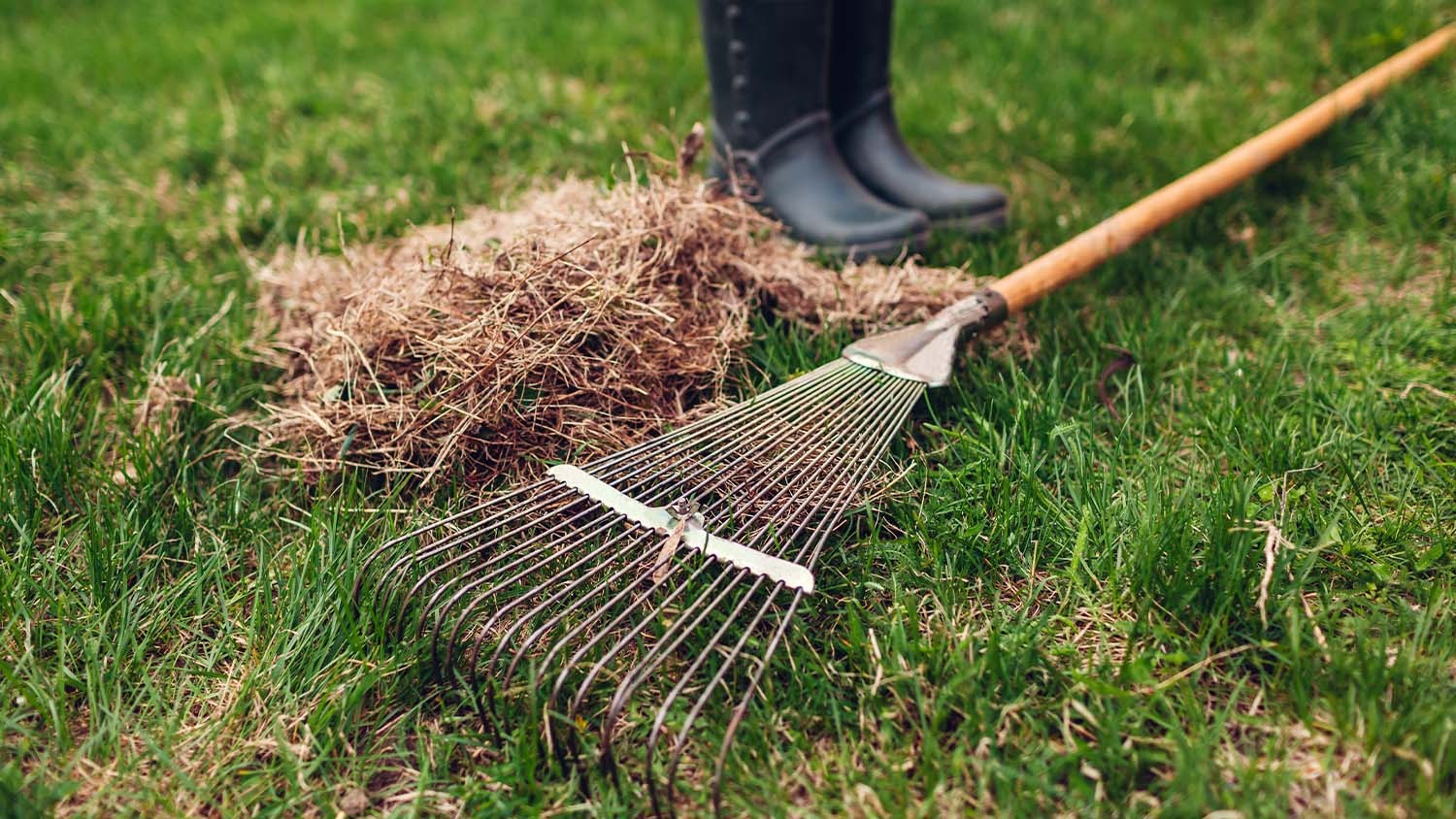(CNN) — Kevin Love is using his All-Star power to support and advocate for stronger mental health research.
The Cleveland Cavaliers forward, who has shared his own experiences with panic attacks, depression and anxiety, has committed $500,000 to UCLA’s psychology department to help fund mental health research, the university said in a news release.
“I’m concerned about the level of anxiety that people are feeling. Recent events, including the novel coronavirus outbreak, have put our society under enormous stress,” Love said in a statement.
“I am happy to be able to help UCLA, my alma mater, work toward solving some of society’s biggest underlying issues. I hope one day we are able to erase the stigma around anxiety and depression, and we can only do that by improving diagnosis and treatment, fostering public conversations about mental health and encouraging people to seek help when they need it.”
His donation will be matched by the university for a $1 million investment to “support the teaching and research activity of UCLA’s faculty working to diagnose, prevent, treat and destigmatize anxiety and depression.”
On Sunday, the five-time NBA All-Star won the Arthur Ashe Courage Award at the ESPYs for his efforts as one of the most vocal advocates for mental health in the NBA.
“Kevin Love has shown not only tremendous leadership, but also tremendous heart, both on and off the court,” UCLA Chancellor Gene Block said in the news release.
“Thanks to his gift, the UCLA psychology department will be able to further its efforts to help those who suffer from anxiety and depression and the stigma that surrounds these conditions.”
“When heroes like Kevin come forward and share their vulnerability, it shines a light on anxiety and depression, and that helps chip away at stigma,” said Michelle Craske, a UCLA professor of psychology, psychiatry and biobehavioral sciences.
Love first began speaking on mental health issues in 2018 when he opened up about receiving therapy for an anxiety battle he had kept hidden from the public. Love said he had a panic attack that made him run off the court during a game in the 2017 season.
“When I got to the bench, I felt my heart racing faster than usual. Then I was having trouble catching my breath. It’s hard to describe, but everything was spinning, like my brain was trying to climb out of my head. The air felt thick and heavy. My mouth was like chalk,” he wrote in an essay for The Players Tribune.
“I remember our assistant coach yelling something about a defensive set. I nodded, but I didn’t hear much of what he said. By that point, I was freaking out. When I got up to walk out of the huddle, I knew I couldn’t reenter the game — like, literally couldn’t do it physically.”
The pressure on male athletes to suppress mental health issues only made his condition worse, he added in the essay. He said he hoped to break down that wall for other pros facing anxiety or depression — a mission he has been dedicated to ever since.


















